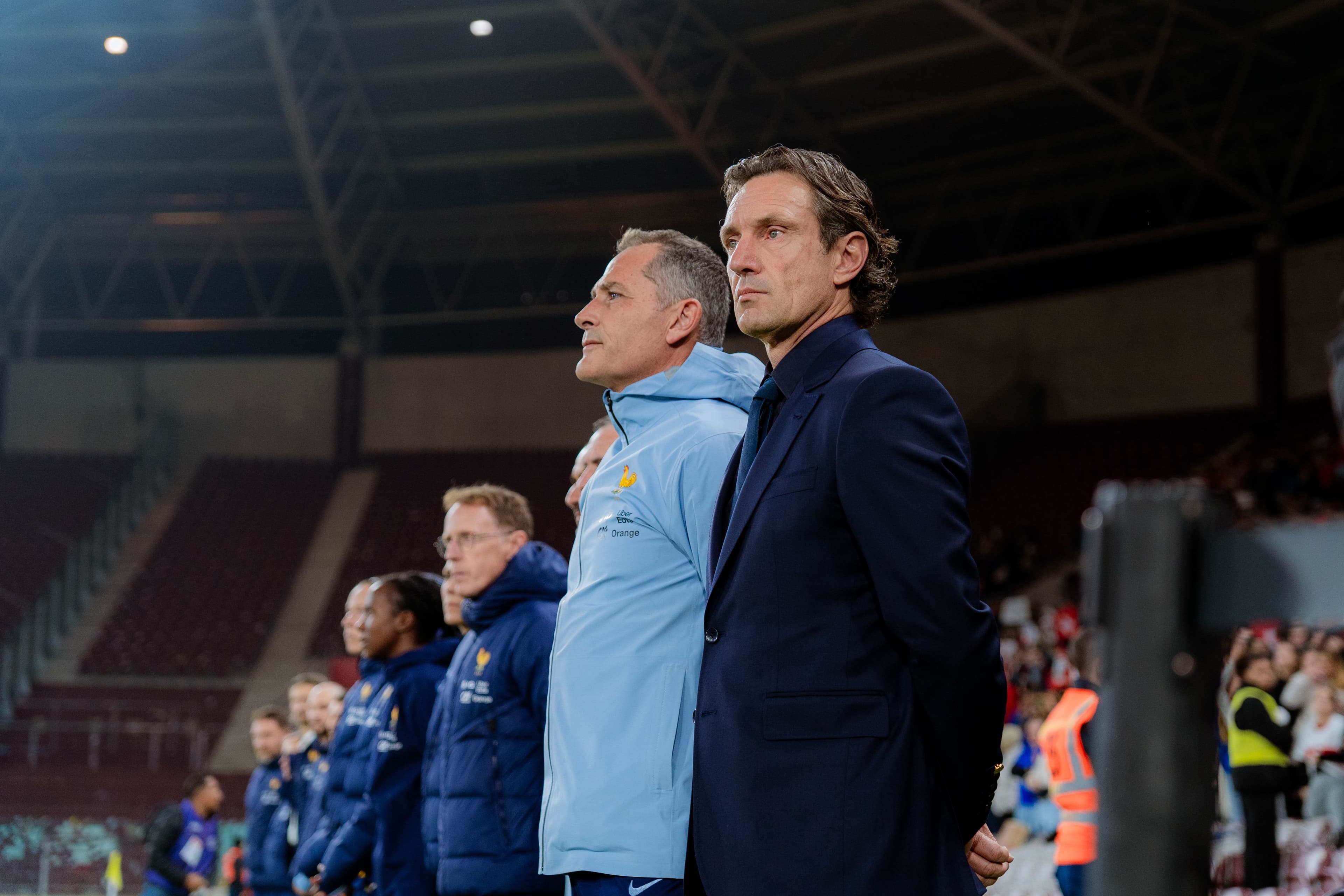This article is for subscribers only: Premium Level
Coach of the French Women’s National Team, Laurent Bonadei retraces how he took on the status of number 1 after five years as assistant to Hervé Renard.
Subscribe to read this article (from €6.99 per month)
Subscribe


